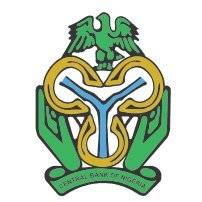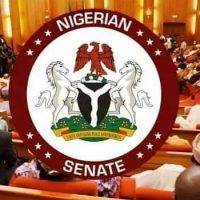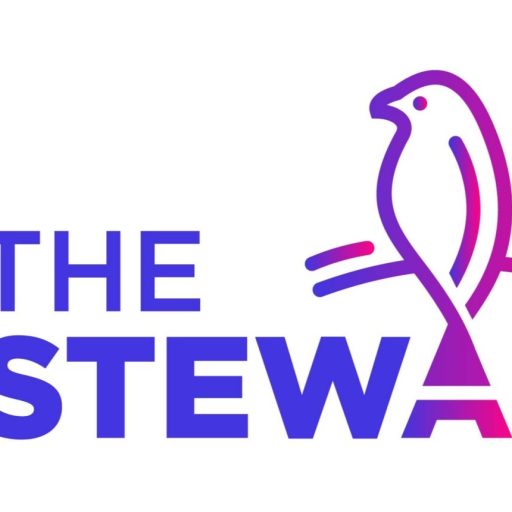The Central Bank of Nigeria may have finally bow to pressure following the increase in the maximum weekly limit for cash withdrawals across all channels by individuals and corporate organisations to N500,000 and N5 million, respectively.
The directive is contained in a circular issued by the bank on Wednesday and signed by the director of banking supervision department, Haruna Mustafa.
The development is coming two weeks after the CBN reduced the weekly over-the-counter cash withdrawal limit for individuals to N100,000 and that of corporate organisations to N500,000.
According to the apex bank withdrawals were also reduced at Automated Teller Machines and point-of-sale terminals to N20,000 daily.
“2. In compelling circumstances where cash withdrawal above the limits in (1) is required for legitimate purposes, such requests shall be subject to a processing fee of three per cent and five per cent for individuals and corporate organisations, respectively.
“Further to (2) above, the financial institution shall obtain the following information from the customer, at the minimum, and upload same on the CBN portal created for the purpose: valid means of identification of the payee (national ID, international passport, or driver’s license), bank verification number of the payee, tax identification number of both the payee and the payer, and an approval in writing by the MD/CEO of the financial institution authorising the withdrawal.
“Third party cheques above N100,000 shall not be eligible for payment over-the-counter, while the extant limit of N10 million on clearing cheques still subsist.”
The CBN also said monthly returns on cash withdrawal transactions above the specified limits should be rendered to the banking supervision department, other financial institutions supervision and payments system management departments.
It added, “Compliance with extant AML/CFT regulations relating to the KYC, ongoing customer due diligence and suspicious transaction reporting etc. is required in all circumstances.
“Customers should be encouraged to use alternative channels (internet banking, mobile banking apps, USSD, cards/POS, eNaira, etc.) to conduct their banking transactions.
The apex bank noted that it recognised the vital role that cash played in supporting underserved and rural communities and would ensure an inclusive approach as it implemented the transition to a more cashless society.
“The above directives supersede that of December 6, 2022 and take effect nationwide from January 9, 2023,” the CBN said.
















